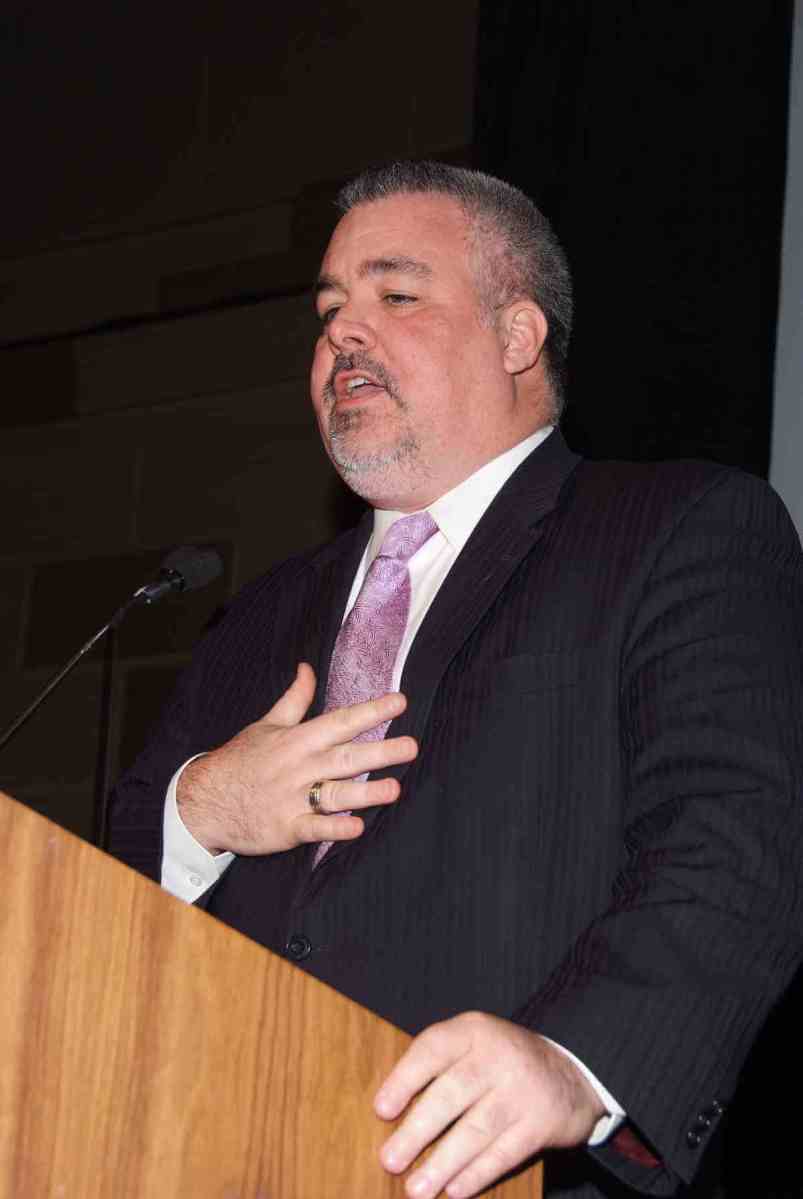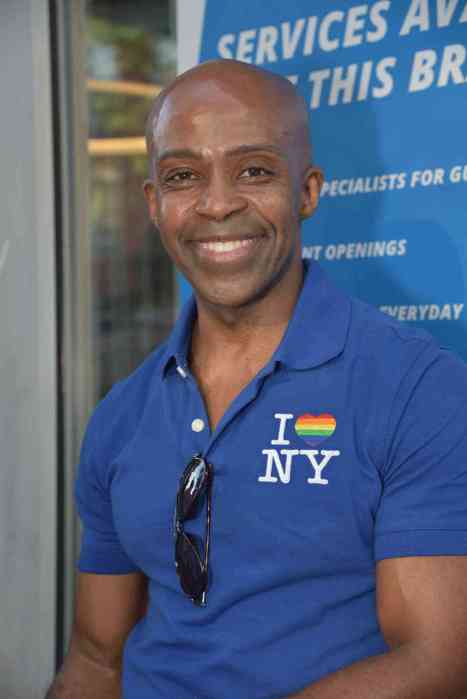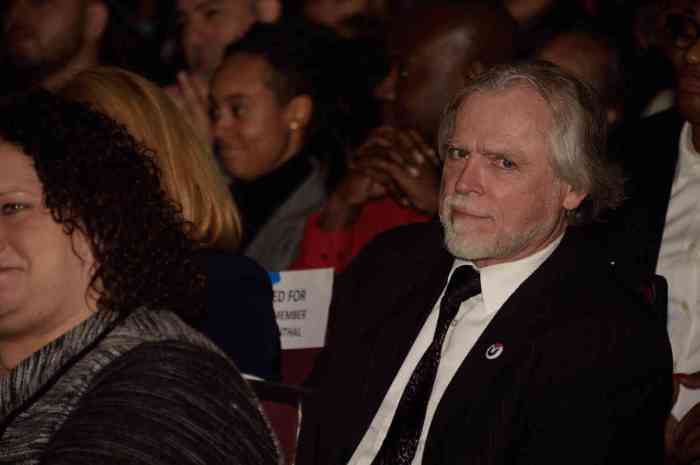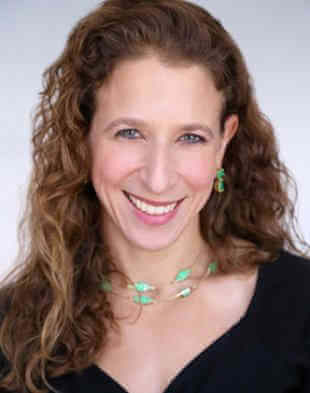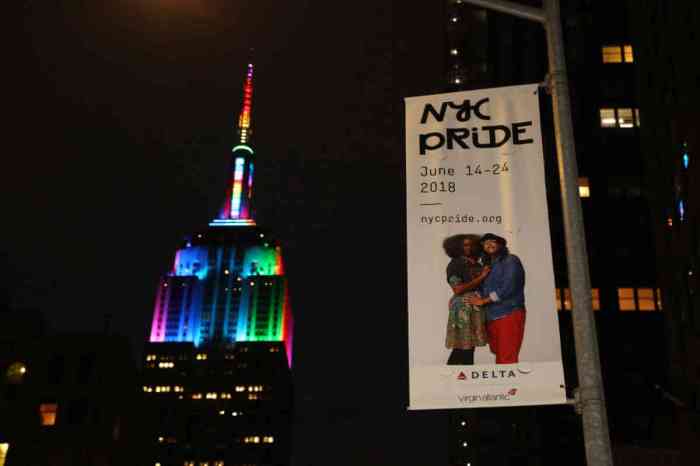With Letitia James winning the Democratic primary for state attorney general, the question of who will become New York City’s next public advocate stops being idle political speculation and becomes a serious matter affecting the city’s future.
The public advocate is first in line of succession to the mayor, even if the comptroller, the only other citywide elected office, is vested with a far larger mandate and budget. Though there is no evidence that Mayor Bill de Blasio is a target of an ongoing investigation by US Attorney Geoffrey Berman into the New York City Housing Authority’s cover-up of lead paint and asbestos contamination in public housing, the inquiry has already implicated the former NYCHA chair and Berman has not ruled out criminal charges against individuals.
Though James still needs to prevail in the November general election, the Daily News on September 16 did a roundup of potential successors to her in the public advocate role and the list included two LGBTQ leaders — former City Council Speaker Christine Quinn and Bronx Councilmember Ritchie Torres — as well as another former speaker, Melissa Mark-Viverito, and Brooklyn Borough President Eric Adams.
One name the News did not include in its prognosis is out gay State Assemblymember Daniel O’Donnell, who is also looking at the race. Over the weekend, O’Donnell changed the name of his Facebook page “Danny O’Donnell for the Assembly” to “Danny O’Donnell for NYC.”
A key credential on O’Donnell’s résumé is the critical role he played in making marriage equality a live issue on the state’s political stage. In most accounts of New York winning equal marriage rights, Governor Andrew Cuomo’s dramatic leadership when it passed the State Senate in 2011 on a second try takes center stage. But it was O’Donnell who steered then-Governor Eliot Spitzer’s program bill to passage just weeks after it was first introduced four years earlier.
Six months after the bill became law in 2011, O’Donnell and his partner, John Banta, married in a gala wedding officiated by Judith Kaye, the retired chief judge of the state’s highest bench, the Court of Appeals, who had written a stirring dissent when that court rejected a gay marriage lawsuit in 2006.
Alan van Capelle, who led the Empire State Pride Agenda when O’Donnell won the first legislative victory on marriage, told Gay City News in a telephone interview this past week, “Danny has never received the credit he deserves for his work on marriage equality.” The hard slog to get Senate approval, he said, “overshadowed” the groundwork O’Donnell created in the Assembly at a time when gay marriage remained “unpopular and politically risky.”
One key to achieving Senate approval, van Capelle explained, was securing Republican support for the bill in the Assembly so that those members would not be in a position to primary a state senator who supported it. Van Capelle said O’Donnell’s personal lobbying “picked up votes we didn’t expect.”
O’Donnell was also the lead sponsor of the Dignity for All Students Act, the State’s anti-bullying law that Governor David Paterson signed into law in 2010. That measure specifically protects LGBTQ students, among a number of categories.
O’Donnell has been restless in the Assembly for years and was one of the people Paterson considered for the US Senate seat that Hillary Clinton vacated when she became secretary of state in 2009. Paterson’s pick, in the end, was Kirsten Gillibrand, then an upstate member of the US House. After Carl Heastie was elected speaker of the Assembly several years ago, O’Donnell became chair of the Committee on Tourism, Parks, Arts and Sports Development, a lateral transfer that carried less prestige than his previous post as chair of the Corrections Committee, which oversees the state’s prisons. That is a sign he is not a member of Heastie’s inner circle.
Assuming that James wins in November, candidates to succeed her will have a short time frame to raise money and set up a campaign committee for a special election that would likely come as early as March 2019.
Should O’Donnell become public advocate that would open a path for City Councilmember Mark Levine, who is term-limited, to run for the Assembly.
A big take-away from the September 13 primary is that Cynthia Nixon was a weak candidate, one who struggled at times to articulate a ready grasp of policy details. A “hold your nose while we endorse the governor” editorial from the New York Times made it clear that this beacon of the establishment was ready to endorse a left-leaning challenger to Andrew Cuomo, but progressives, in a sign of weakness, failed to produce such a candidate. Despite widespread unhappiness about rents and gentrification, subway service, and the school system, the left has not succeeded in identifying new revenue streams and programs addressing those grievances that can be conveyed in pithy campaign pitches to capture the popular imagination.
This failure is particularly egregious when it comes to the failing subways. Andy Byford, the New York City Transit Authority’s new president, has advanced an expensive program that is receiving excellent press coverage. But during the primary campaign, Cuomo was never forced to say whether he will find the money to get the job done. In fact, he did the opposite and falsely claimed that the MTA is a city agency and he doesn’t have to find the money.
This failure on the left is the opposite of what is happening in Florida and Texas. Andrew Gillum, the African-American Tallahassee mayor, beat establishment candidates in the Democratic primary with a disciplined campaign that received a new boost when he later chose Chris King, a left-wing evangelical Christian who supports LGBTQ rights, as his lieutenant governor running mate. In Texas, US Representative Beto O’Rourke, who is strongly pro-choice and pro-immigrant and in favor of marijuana legalization, is running neck in neck with the militantly right-wing evangelical incumbent US senator, Ted Cruz. Gillum has held public office for 15 years, and O’Rourke has 13 years of experience.
The left in New York, of course, did score big when State Senate challengers kyboshed the Independent Democratic Conference, but the critical question remains whether the Democrats can pick up more seats in November. They currently hold 32 seats, a numerical majority, but Brooklyn social conservative Simcha Felder sits with the Republicans, denying his own party control of the Senate. Without a margin of several extra seats, the Senate Democrats are likely to find Cuomo working feverishly to pick off a stray senator or two so that he remains top dog and does not need to cede leverage to Democratic leaders of the Legislature’s two chambers.

